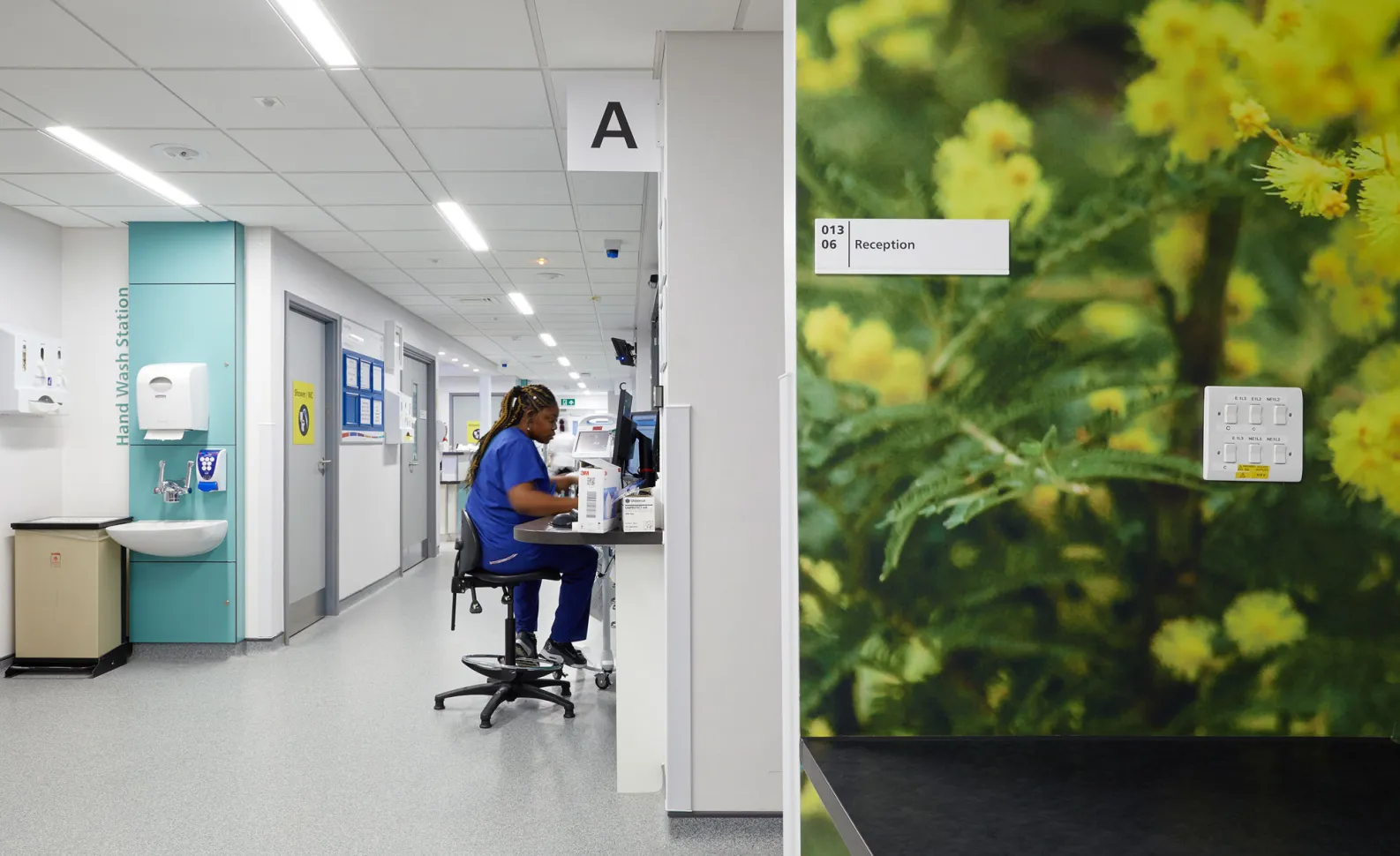Insight
Community-Integrated healthcare
9 Oct 2024

John Clarke
Director
The concept of community-integrated healthcare is becoming increasingly critical in the UK as the NHS faces unprecedented pressures. The traditional model, focused on centralised healthcare delivery in hospitals, is being challenged by an ageing population and growing resource constraints. Director John Clarke discusses how collaboration between stakeholders is key to providing services that are more accessible, integrated, and tailored to local needs.
The Shift to Integrated Care
Community-integrated healthcare represents a significant shift in how services are delivered. Rather than relying solely on hospital care, this model leverages local resources to create a network of care that supports individuals in managing their health closer to home. It combines health, social care, and community support, breaking down the silos that traditionally exist between these sectors.
Incorporating local services into our communities not only addresses immediate medical needs but also tackles the broader social determinants of health—such as housing, employment, and education—that impact long-term health outcomes. It empowers patients by offering a more holistic approach to care, providing them with access to medical professionals, social workers, and community groups that can assist in managing both physical and mental well-being.
Reardon Court: A Model for Integrated Care
One example of community-integrated healthcare in action is the Reardon Court Extra Care Housing scheme, where Pick Everard played a key role in delivering a circa £31m project in Enfield. This development comprises 70 high-quality homes designed specifically for older adults, providing an environment where they can live independently while still having access to on-site care tailored to their individual needs.
The Reardon Court project demonstrates the effectiveness of blending housing with healthcare services. By providing care on-site, this model enables residents to receive the support they need without the need for frequent hospital visits or relocations to long-term care facilities. This integrated approach is especially beneficial for those with complex or chronic health conditions, as it reduces hospital admissions and eases the burden on primary care providers. Importantly, it fosters a sense of community among residents, which is critical for mental health and overall well-being.
Reducing Pressure on the NHS
As the NHS grapples with the increasing demand for healthcare services, the importance of community-integrated care schemes like Reardon Court cannot be overstated. These initiatives provide an effective way to decentralise care, ensuring that patients can manage their health in more familiar and less stressful environments. By doing so, they not only enhance the quality of care but also help to reduce hospital admissions and free up NHS resources for more acute cases.
A Blueprint for Future Healthcare
The future of healthcare must focus on collaboration between healthcare providers, local authorities, and community organisations to deliver services that are more integrated, responsive, and tailored to the needs of each community. Projects like Reardon Court offer a blueprint for how this can be achieved. By bringing healthcare into the community, these initiatives not only improve access to care but also address the broader social factors that influence health outcomes.
Ultimately, community-integrated healthcare represents a more sustainable, patient-centred approach to healthcare delivery, one that is better equipped to meet the challenges of the 21st century. Projects such as Reardon Court create a healthcare system that supports independence, fosters well-being, and enhances the quality of life.
Healthcare
We have worked with more than 50 NHS trusts, charities and private organisations providing healthcare services on the full range of projects.
